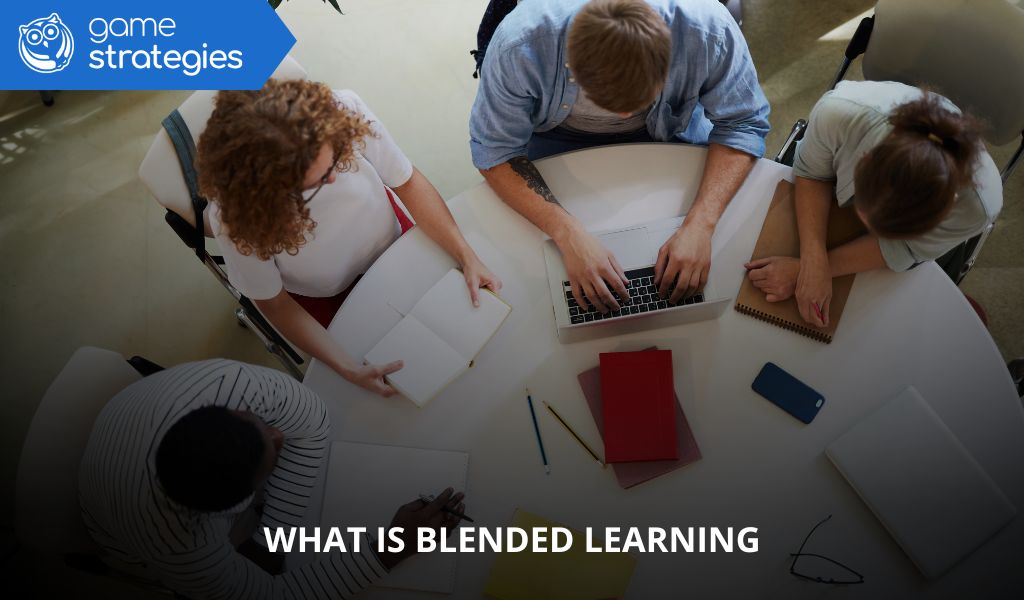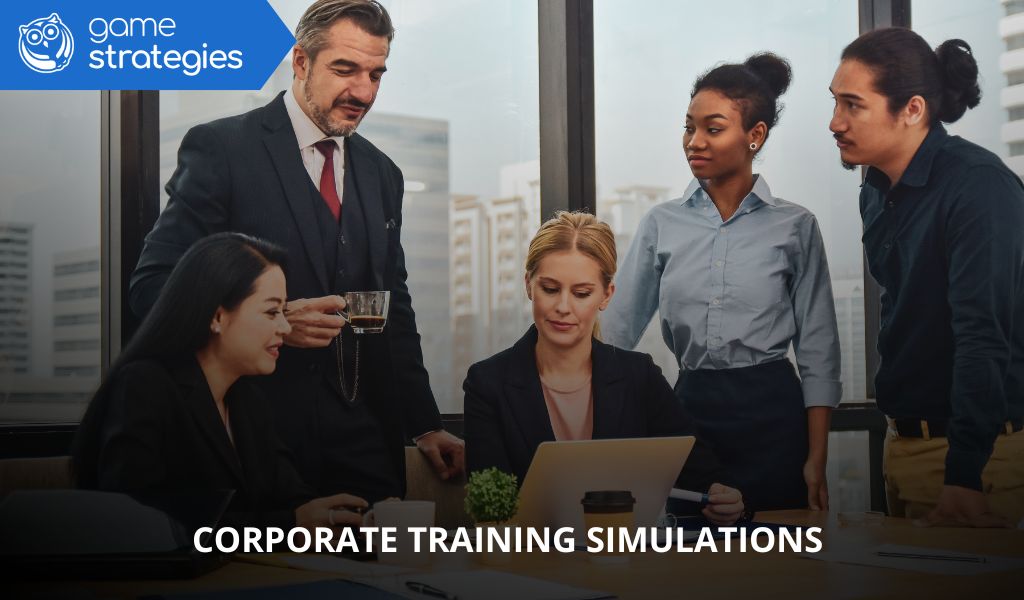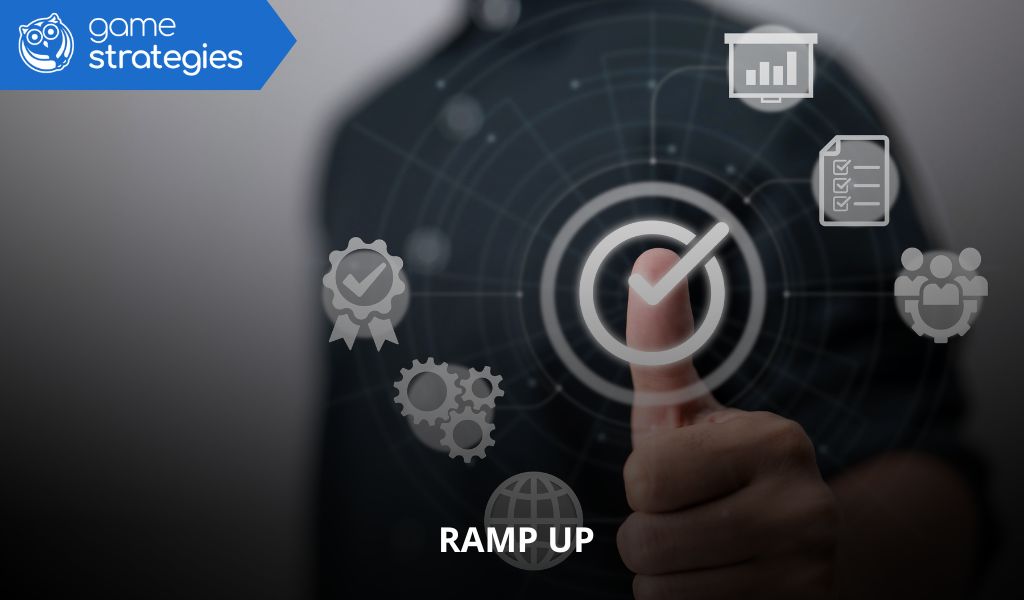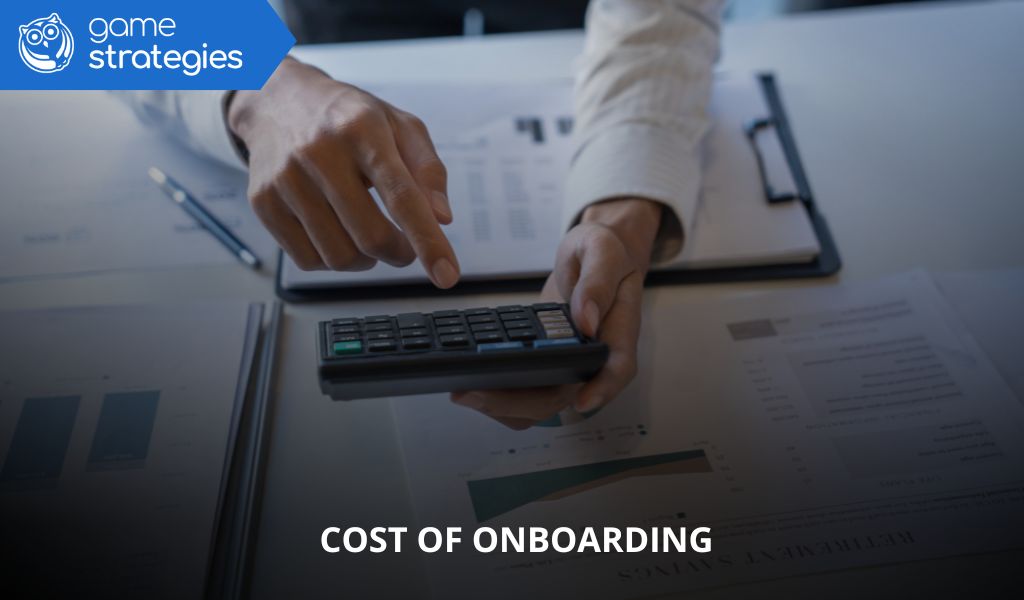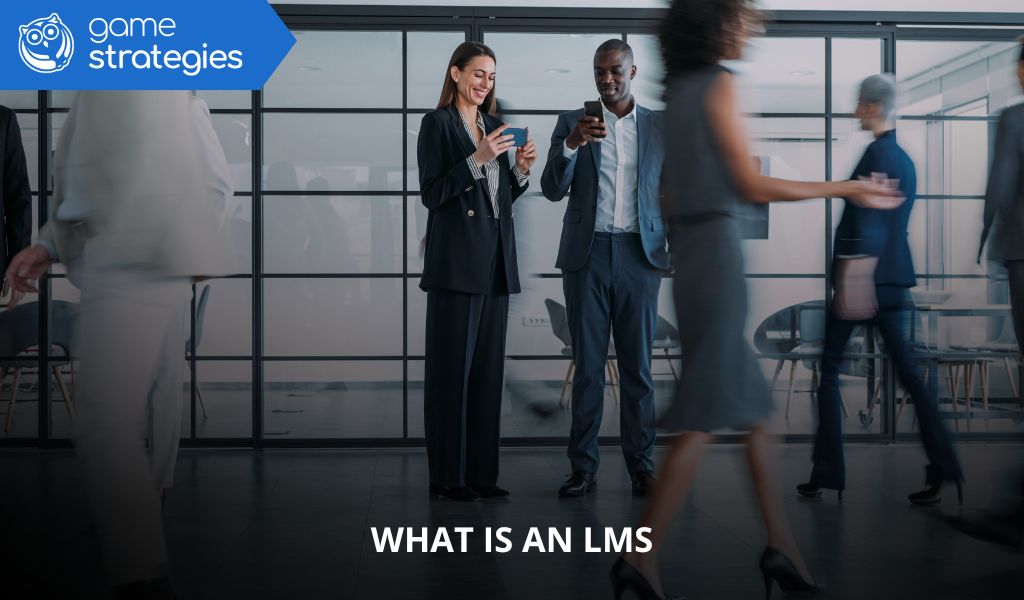Corporate training is evolving rapidly. With remote work, ongoing digital transformation and the constant need to upskill, organisations are rethinking how they deliver learning. In this context, blended learning has become a key solution. If you’re wondering what blended learning is and how it can enhance employee performance, Game Strategies explains it here with practical insights and examples.
What is blended learning and why is it gaining traction in companies?
Blended learning—also known as hybrid or mixed learning—is a methodology that combines face-to-face training with digital learning experiences. Rather than choosing between online or in-person, this approach integrates the strengths of both: the personal interaction of traditional classrooms with the flexibility and scalability of online platforms.
Clear definition: what blended learning is (and what it is not)
Blended learning involves a structured plan where both formats complement one another. In-person elements are used for collaboration, coaching or practice, while virtual environments allow for access to content, self-paced assessments or focused skill training.
How blended learning has evolved with digital tools and hybrid work
With advances in technology, blended learning now includes tools like simulators, virtual reality, gamification or microlearning. In hybrid work environments, its value increases—supporting continuous, flexible, and personalised learning journeys.
Advantages over fully online or fully in-person models
Blended learning adapts to different learning styles, preserves human connection, and reduces logistical costs without compromising impact. It offers a highly effective middle ground that combines the best of both training formats.
Blended learning formats for corporate training
In-person training + online reinforcement
Combines face-to-face sessions with digital resources such as videos, quizzes and follow-up tasks.
E-learning with microlearning capsules
Online courses delivered in short, focused modules, ideal for maintaining attention and enhancing retention.
Virtual simulators + in-person workshops
Develop key competencies such as leadership or negotiation in digital scenarios, followed by reflective, practical workshops.
Synchronous vs asynchronous models
Choose between real-time (live) sessions or on-demand learning. Ideally, combine both to meet different learner needs.
Benefits of blended learning for teams and organisations
Increased flexibility and learner autonomy
Training can be tailored to each individual’s schedule and pace, encouraging self-directed learning.
Reduced costs without sacrificing personalisation
Cuts travel and logistical expenses while maintaining quality by mixing in-person sessions with digital content.
Higher engagement through varied formats
Incorporates multimedia such as videos, simulations, podcasts and forums—boosting motivation and retention.
Real-time evaluation and continuous improvement
LMS platforms and simulators allow you to track performance data and continuously refine training programmes.
How to design an effective blended learning programme in your company
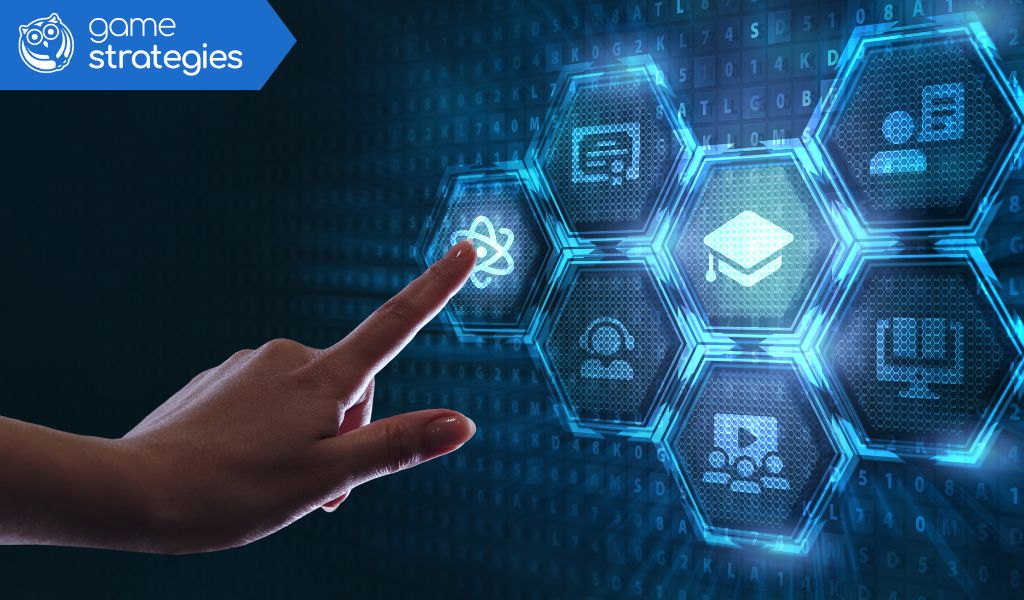
Define clear, measurable objectives
Start with the outcomes you want to improve—leadership, processes, culture—and translate them into metrics.
Choose the right tools and delivery channels
Select resources such as LMS platforms, simulators or microlearning capsules based on your team’s needs.
Build a structured learning narrative
Create logical and engaging learning journeys using storytelling to guide users through the process.
Measure impact and adapt accordingly
Integrate ongoing and qualitative evaluations to adjust and optimise the programme over time.
Real examples of successful blended learning implementations
Leadership development with in-person sessions and online challenges
A retail company combined workshops with weekly digital tasks. The result: greater autonomy and employee engagement.
Gamified onboarding using an LMS and live mentoring
A tech startup implemented gamified modules and live mentoring to accelerate new hire integration.
Hybrid sales training: simulator + group coaching
A financial services team improved their closing results by combining negotiation simulators with in-person coaching.
At Game Strategies we help you design blended learning programmes with real impact
We blend soft skills simulators, microlearning capsules, interactive challenges and face-to-face sessions to deliver complete, dynamic and measurable learning experiences.
We design what your team needs to learn, practise and grow.
Interested in implementing a blended learning programme in your company?
Contact Game Strategies and let’s build a tailored solution aligned with your business goals.
¿De cuánta utilidad te ha parecido este contenido?
¡Haz clic en una estrella para puntuarlo!
Promedio de puntuación 5 / 5. Recuento de votos: 1
Hasta ahora, ¡no hay votos!. Sé el primero en puntuar este contenido.

